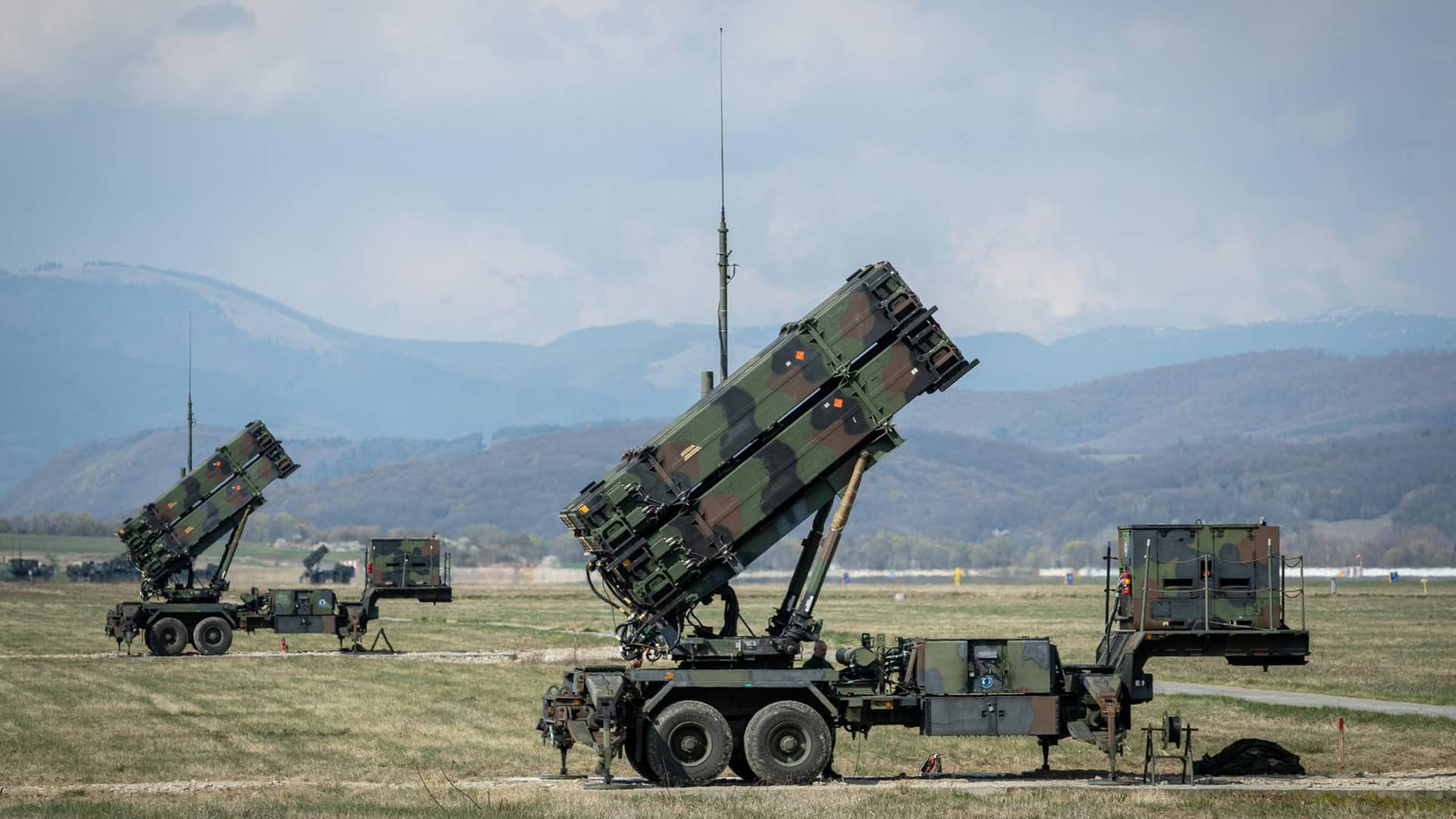
US defense contractors see revenue boost amid global armed conflicts
What's the story
The Russian invasion of Ukraine has resulted in a significant boost in revenue for major US defense contractors, as the US government and European nations ramp up their defense budgets in response to Moscow's hostile actions. Lockheed Martin, General Dynamics, and RTX have all experienced better-than-anticipated outcomes, with new agreements inked late last year to either directly supply Ukraine or replenish US weapons sent to the nation. Additionally, the ongoing Israel-Hamas conflict is also predicted to increase short-term demand.
Details
General Dynamics increases artillery production
During a call with Wall Street analysts, General Dynamics' CFO, Jason Aiken, disclosed that the company has raised artillery production from 14,000 rounds/month to 20,000. They are working ahead of schedule to further boost production capacity to as much as 85,000 or even 100,000 rounds/month. Aiken anticipates that the current situation in Israel will only heighten demand. The company's Combat Systems division, which produces armored vehicles, tanks, and artillery utilized by Ukraine, has witnessed a nearly 25% increase in revenue.
Scenario
RTX and Northrop Grumman report increased sales
In its earnings call, RTX revealed that it has secured $3 billion in orders since Russia's invasion of Ukraine in February 2022. These orders pertain to restocking Ukrainian and US war supplies. The company anticipates additional orders in the future. Northrop Grumman's Defense Systems segment saw a 6% rise in third-quarter sales due to elevated demand for ammunition and rocket motors used in guided multiple-launch rocket systems (GMLRS). They are vital in supporting Ukraine's defense initiatives against Russian troops.
Insights
Supply chain issues are hampering defense contractors
Although the demand for defense products has grown, supply chain complications and a shortage of skilled labor continue to impede companies' ability to fulfill orders. General Dynamics' Aiken referred to the supply chain as "fragile" and expects it to remain so for the foreseeable future. Lockheed also reported disruptions in supply and labor affecting its aeronautics division, which manufactures the advanced F-35 fighter jet, due to the need for processor assemblies, solid-rocket motors, castings, and forgings.